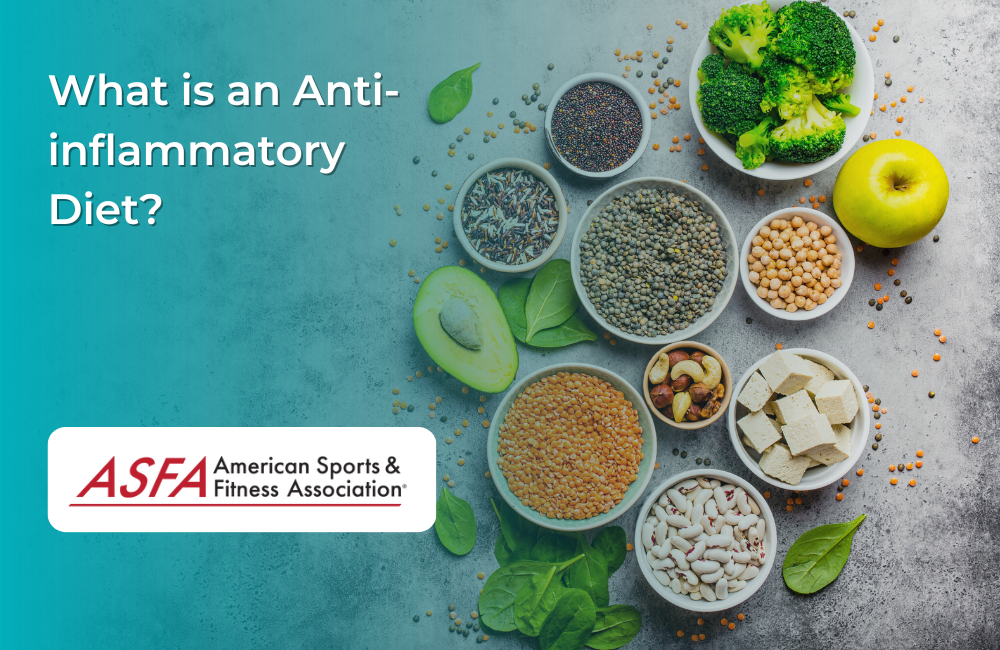Inflammation is a natural response by the body's immune system to injury or infection. However, chronic inflammation has been linked to various health problems, including heart disease, diabetes, cancer, and autoimmune diseases. An anti-inflammatory diet is a nutritional approach designed to reduce chronic inflammation and promote overall health and well-being. In this blog, we'll delve into the principles of an anti-inflammatory diet, foods to include, and its potential benefits.
Principles of an Anti-Inflammatory Diet
An anti-inflammatory diet is characterized by a focus on whole, nutrient-rich foods and a reduction in foods that can promote inflammation. Here are the key principles:
1. Emphasis on Whole Foods:
The foundation of an anti-inflammatory diet consists of whole, unprocessed foods. These foods are rich in vitamins, minerals, antioxidants, and other essential nutrients that support overall health.
2. Abundance of Fruits and Vegetables:
Fruits and vegetables are packed with antioxidants, fiber, and phytonutrients that have anti-inflammatory properties. Aim to fill half your plate with colorful, plant-based foods.
3. Healthy Fats:
Include sources of healthy fats, such as fatty fish (e.g., salmon, mackerel), avocados, nuts, seeds, and olive oil. These fats provide omega-3 fatty acids, which have anti-inflammatory effects.
4. Whole Grains:
Opt for whole grains like quinoa, brown rice, oats, and whole wheat over refined grains. Whole grains provide fiber and nutrients that can help reduce inflammation.
5. Lean Protein:
Choose lean sources of protein, such as poultry, fish, legumes, and tofu. Limit red meat consumption, as it may promote inflammation.
6. Antioxidant-Rich Foods:
Include foods rich in antioxidants, such as berries, cherries, spinach, kale, and broccoli. Antioxidants help combat oxidative stress and inflammation.
7. Spices and Herbs:
Spices like turmeric, ginger, garlic, and herbs like basil and oregano have anti-inflammatory properties. Incorporate them into your cooking.
8. Probiotic-Rich Foods:
Fermented foods like yogurt, kefir, sauerkraut, and kimchi contain probiotics that support gut health. A healthy gut microbiome can influence inflammation.
9. Hydration:
Stay hydrated with water, herbal teas, and unsweetened beverages. Proper hydration is essential for overall health and can help reduce inflammation.
Foods to Avoid or Limit
In addition to focusing on anti-inflammatory foods, it's essential to minimize or avoid foods that can promote inflammation:
1. Sugary Foods and Beverages:
Highly processed sugary foods and sugary drinks can trigger inflammation. Reduce your intake of soda, candy, and desserts.
2. Trans Fats:
Trans fats, often found in fried and commercially baked goods, are known to promote inflammation and should be avoided.
3. Refined Carbohydrates:
Limit consumption of white bread, pastries, and sugary cereals. These refined carbohydrates can lead to spikes in blood sugar and inflammation.
4. Processed Meats:
Processed meats like hot dogs, sausages, and bacon contain additives that may promote inflammation. Choose leaner, unprocessed sources of protein.
5. Excessive Alcohol:
While moderate alcohol consumption may have some health benefits, excessive alcohol intake can contribute to inflammation. Limit alcohol consumption to moderate levels.
Potential Benefits of an Anti-Inflammatory Diet
Adopting an anti-inflammatory diet may offer several potential benefits for your health:
1. Reduced Inflammation:
By minimizing pro-inflammatory foods and including anti-inflammatory ones, you can help reduce chronic inflammation in the body.
2. Better Heart Health:
An anti-inflammatory diet may lower the risk of heart disease by improving cholesterol levels, blood pressure, and reducing inflammation in blood vessels.
3. Weight Management:
Whole, nutrient-dense foods can support healthy weight management, which is essential for reducing inflammation, especially in overweight individuals.
4. Improved Digestive Health:
A diet rich in fiber and probiotics can promote a healthy gut microbiome and reduce inflammation associated with digestive disorders.
5. Enhanced Joint Health:
Anti-inflammatory foods may help manage symptoms of inflammatory joint conditions like rheumatoid arthritis.
6. Lower Risk of Chronic Diseases:
Reducing chronic inflammation may lower the risk of various chronic diseases, including cancer and diabetes.
An anti-inflammatory diet emphasizes whole, nutrient-rich foods while limiting or avoiding pro-inflammatory ones. By following the principles of this diet, you can help reduce chronic inflammation and promote overall health and well-being. Remember that individual dietary needs may vary, and it's advisable to consult with a healthcare provider or registered dietitian before making significant changes to your diet, especially if you have specific health conditions or dietary restrictions.





